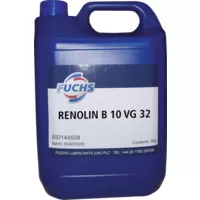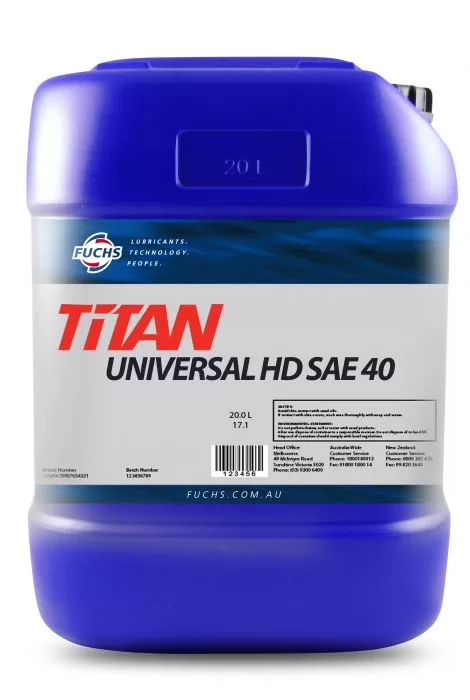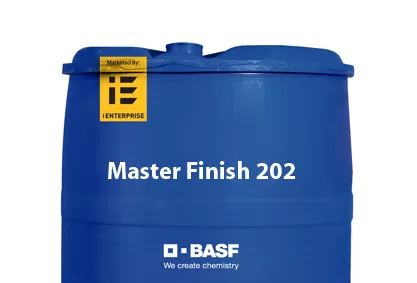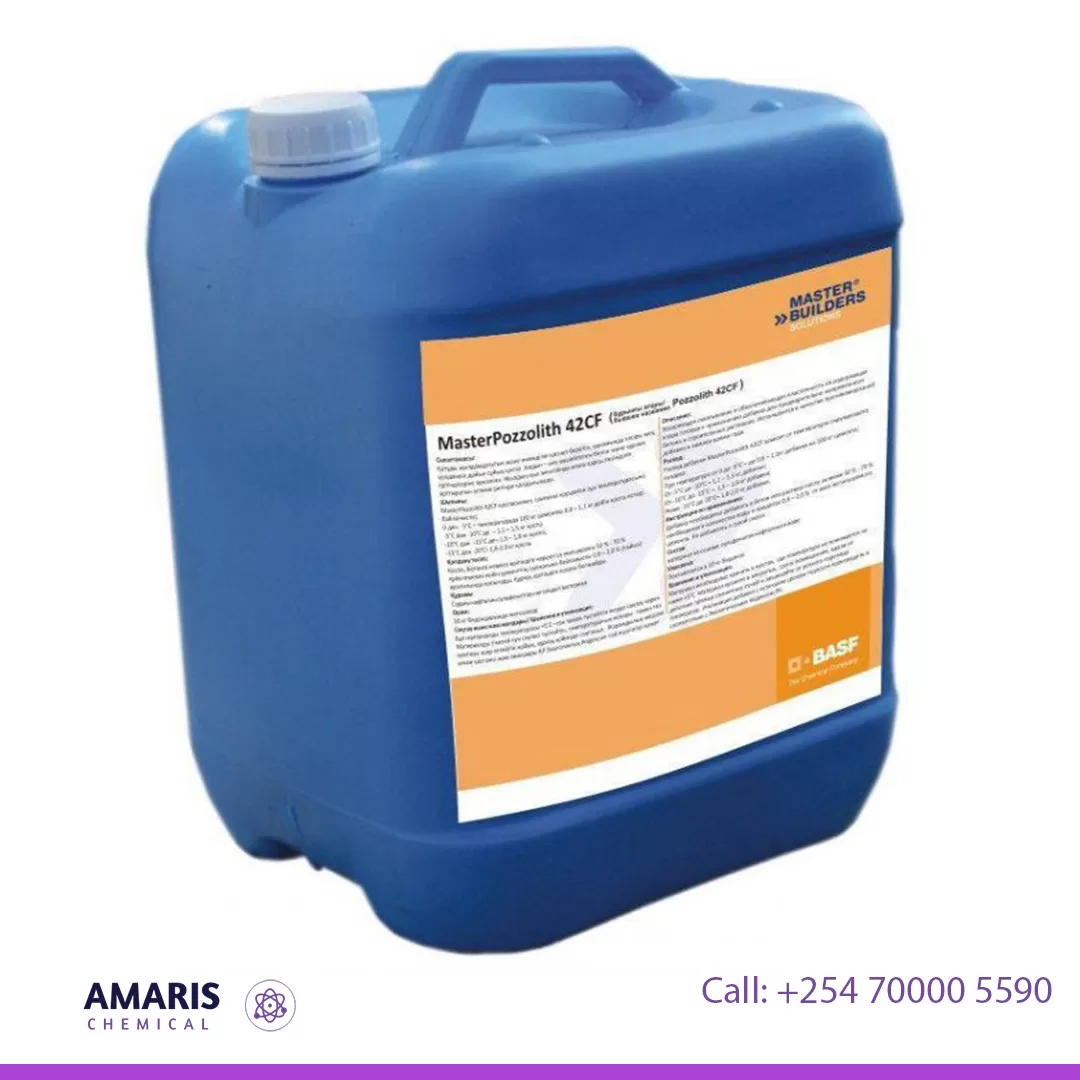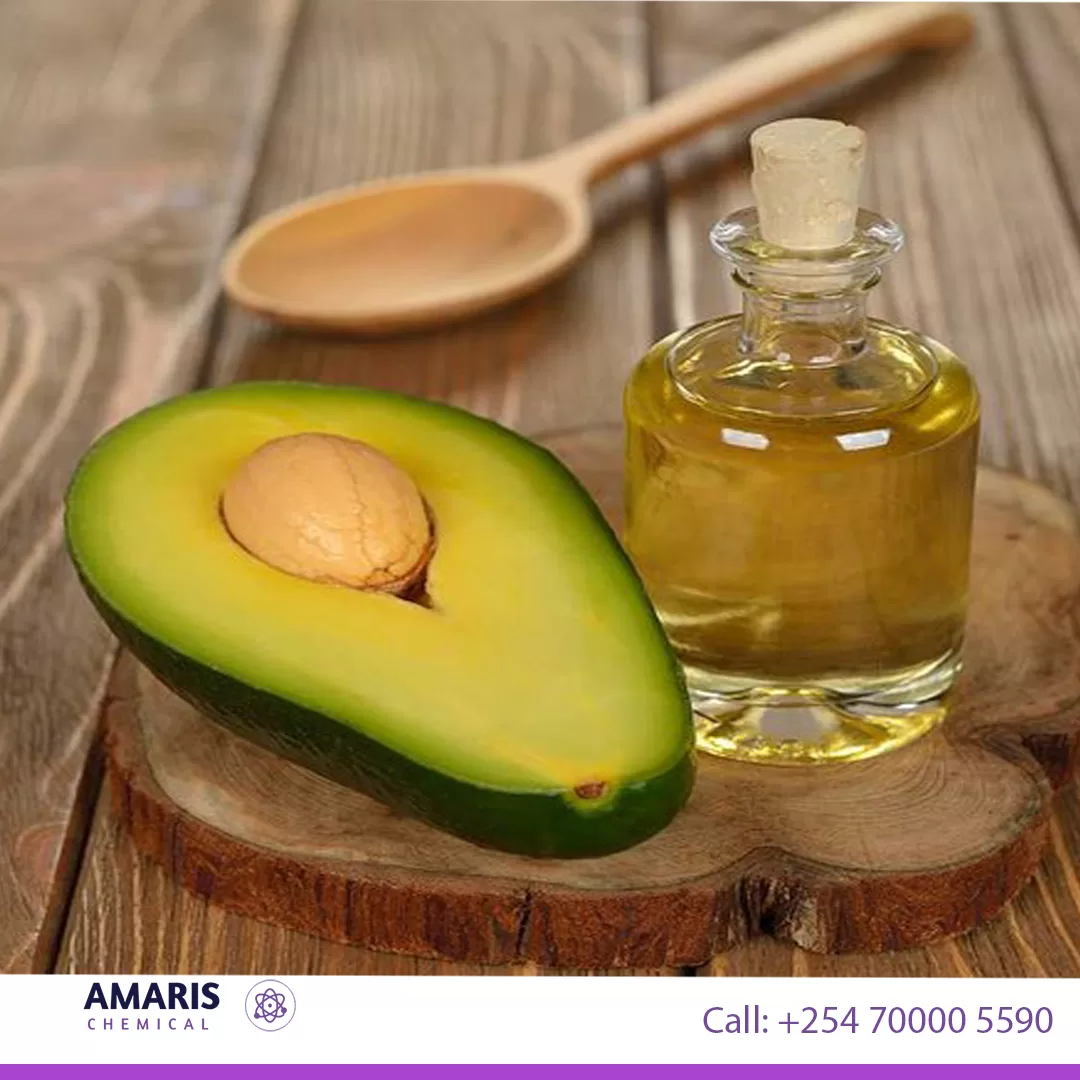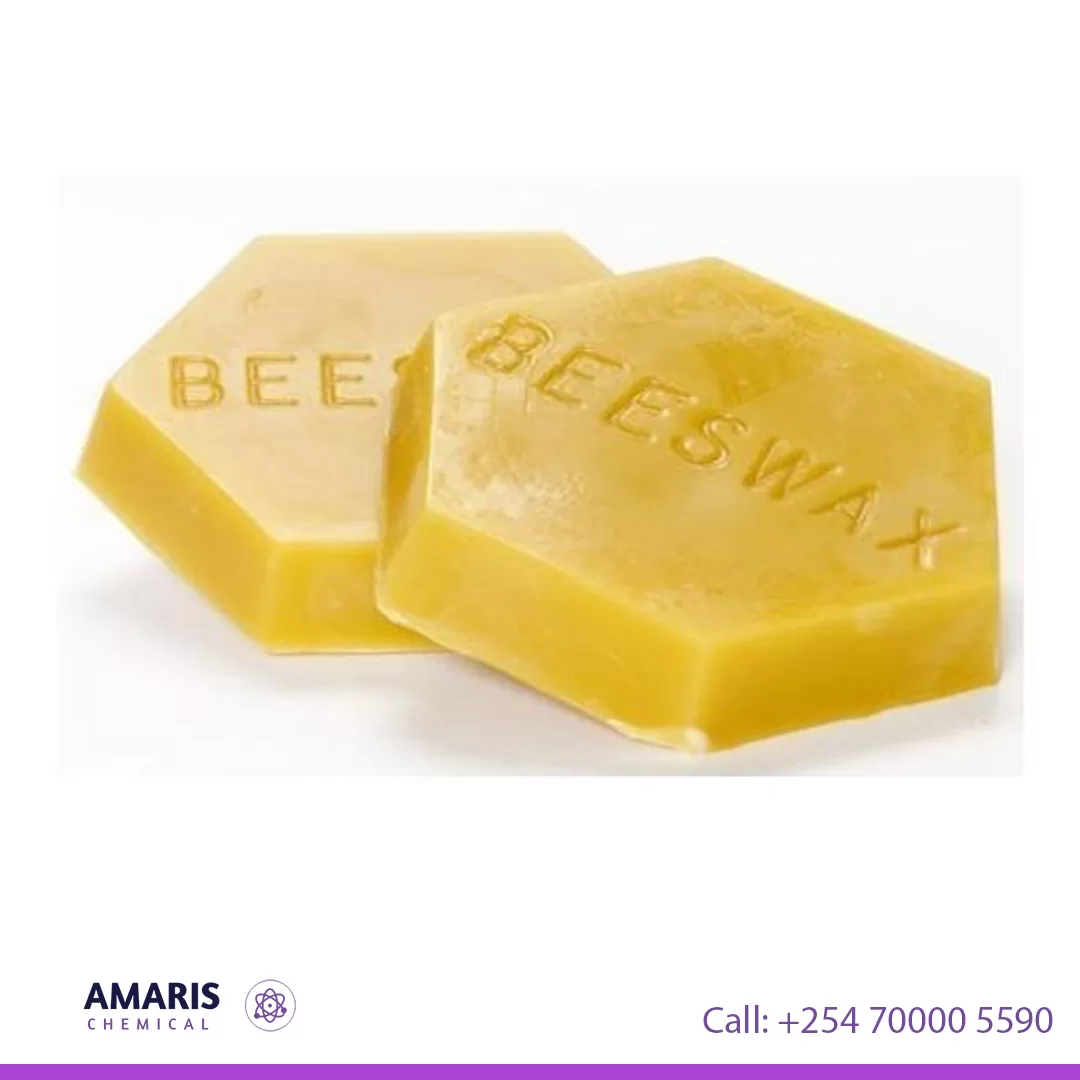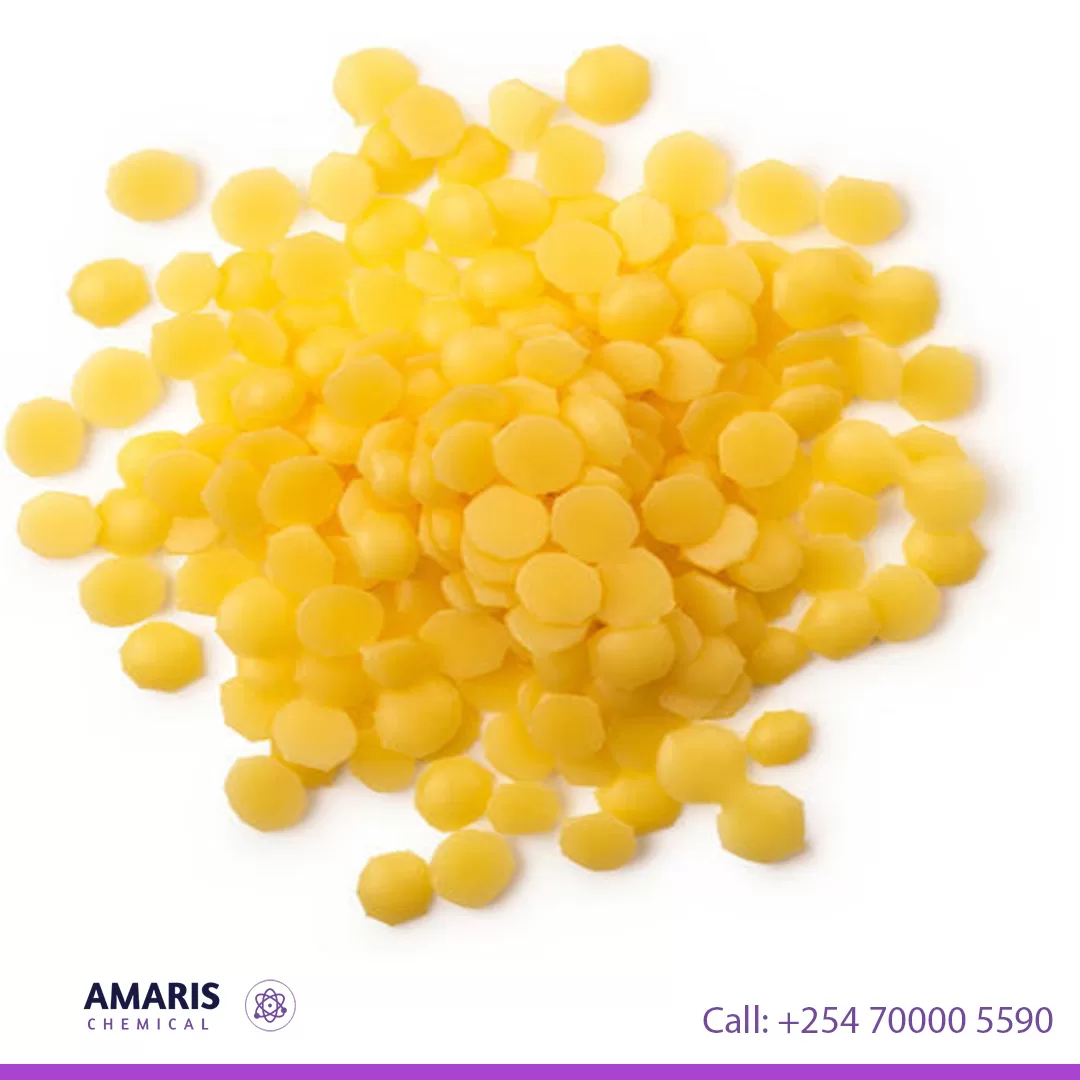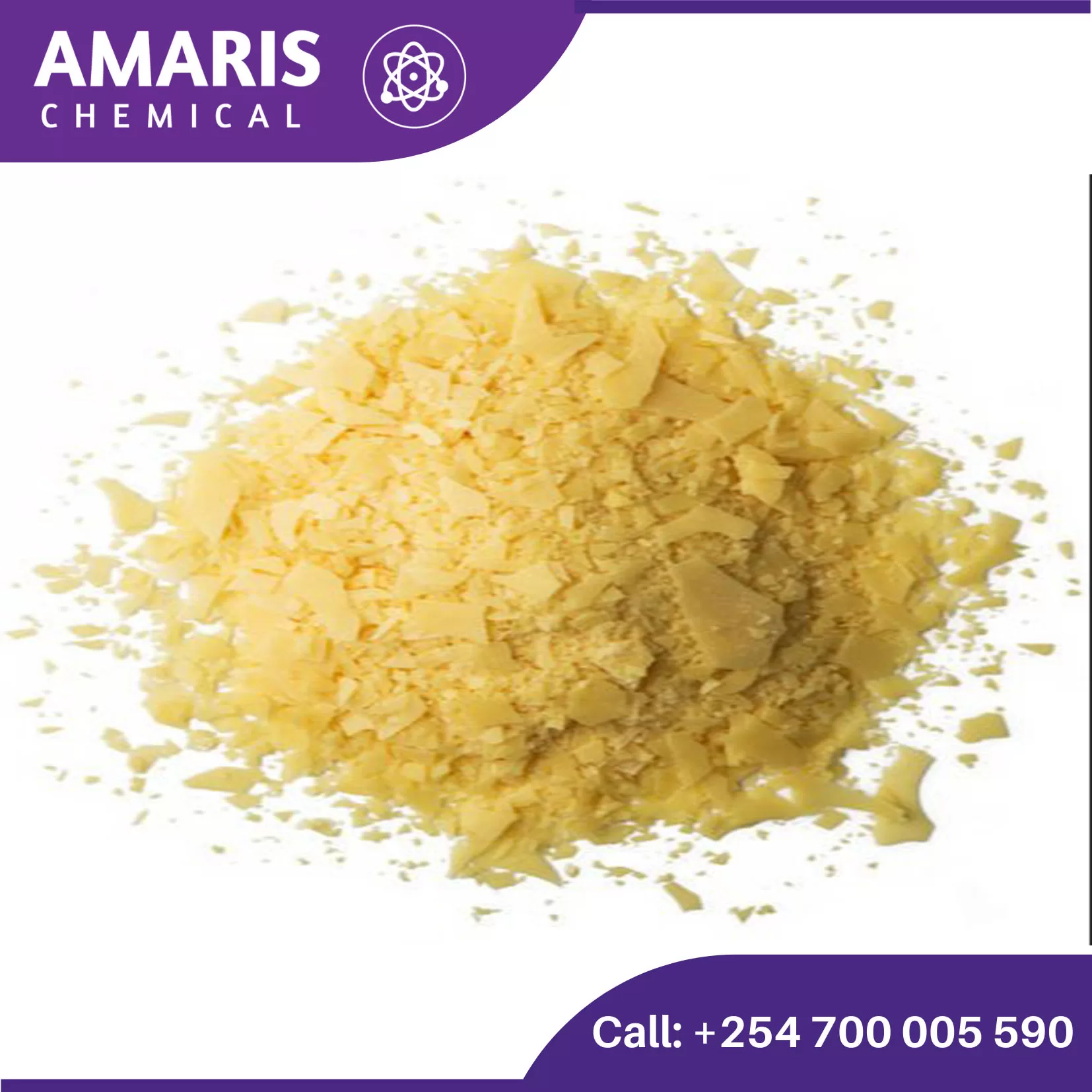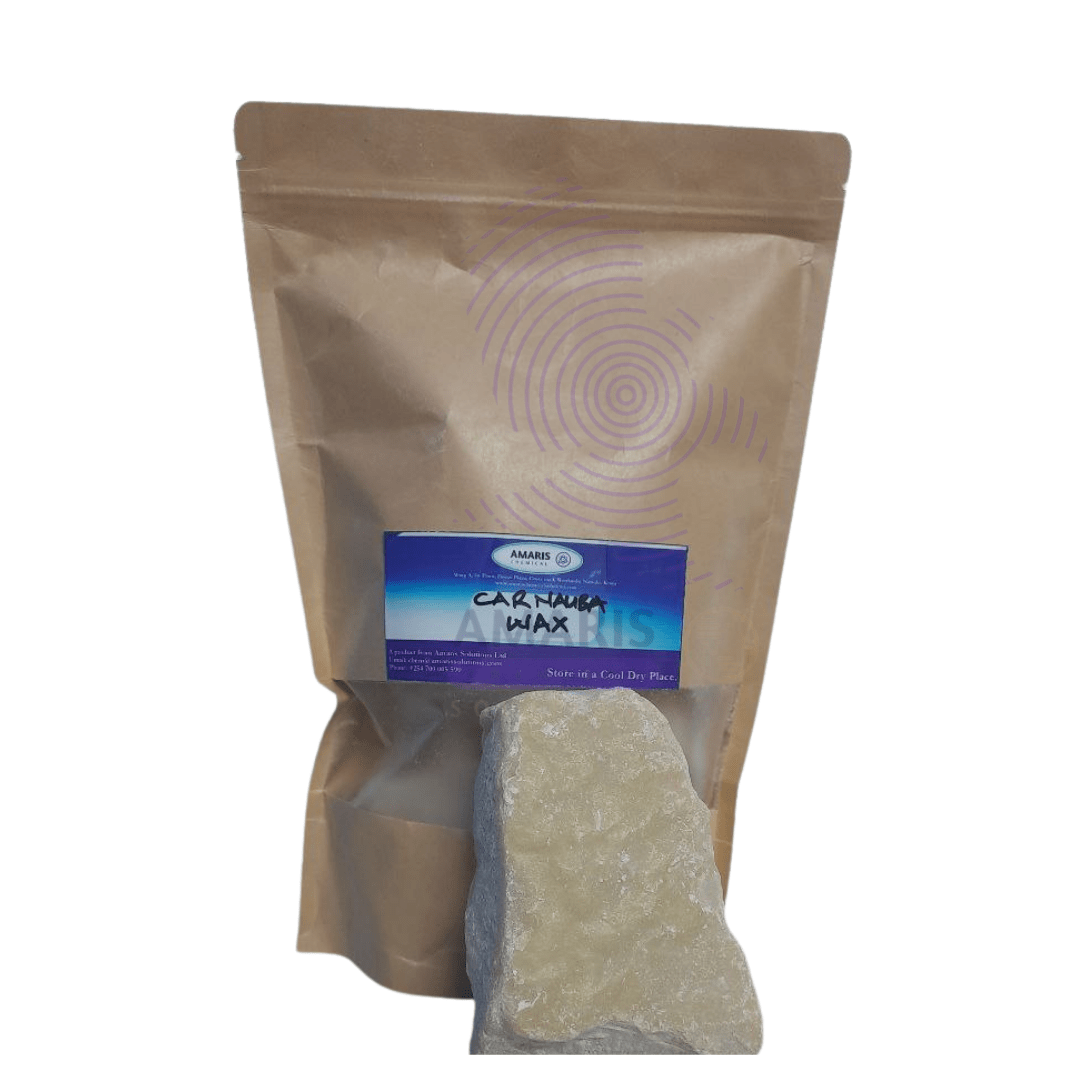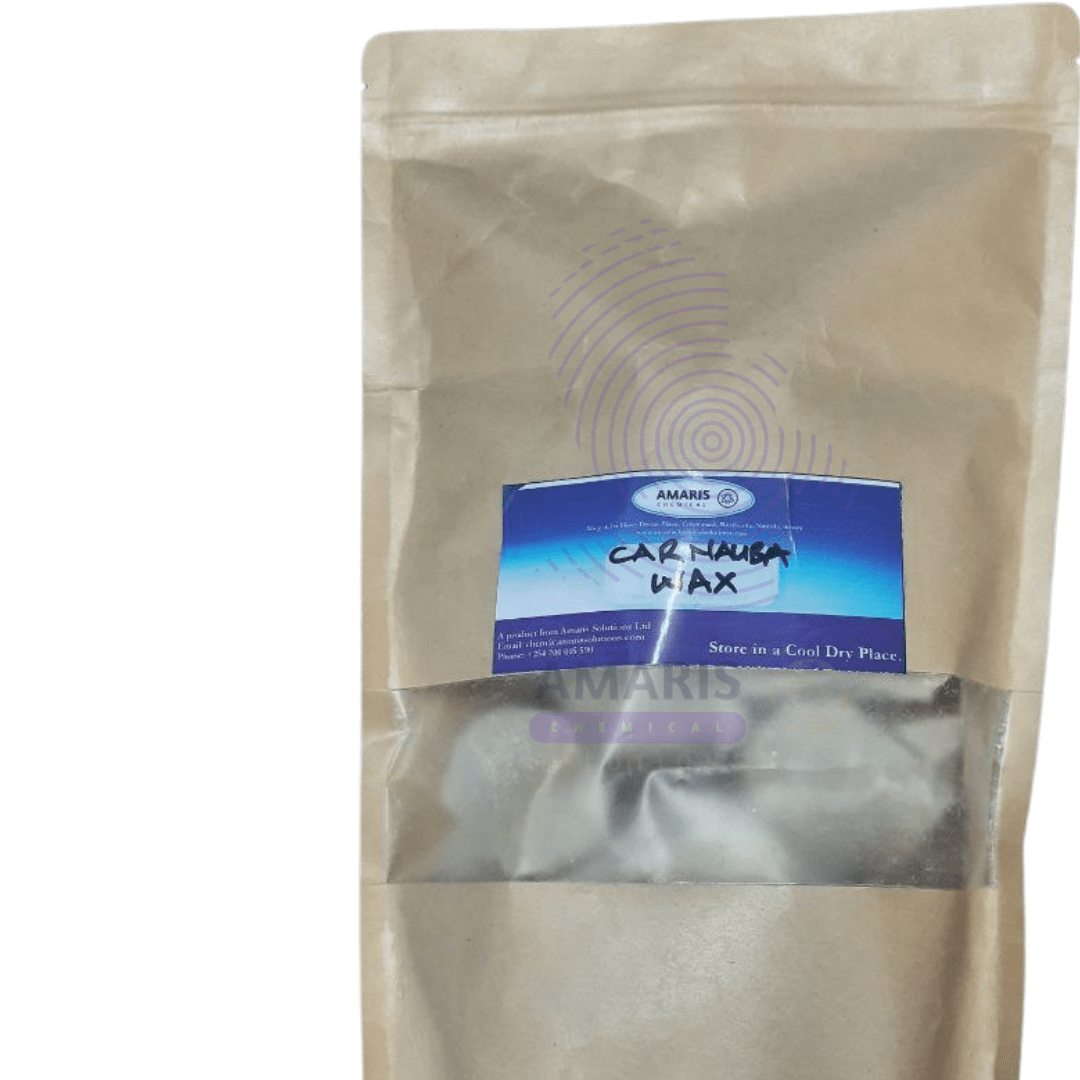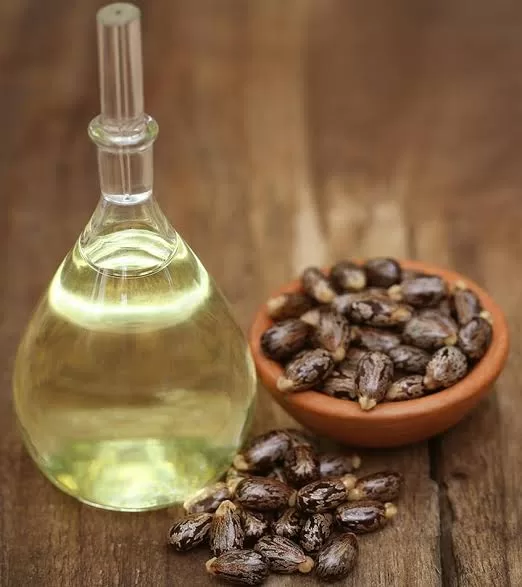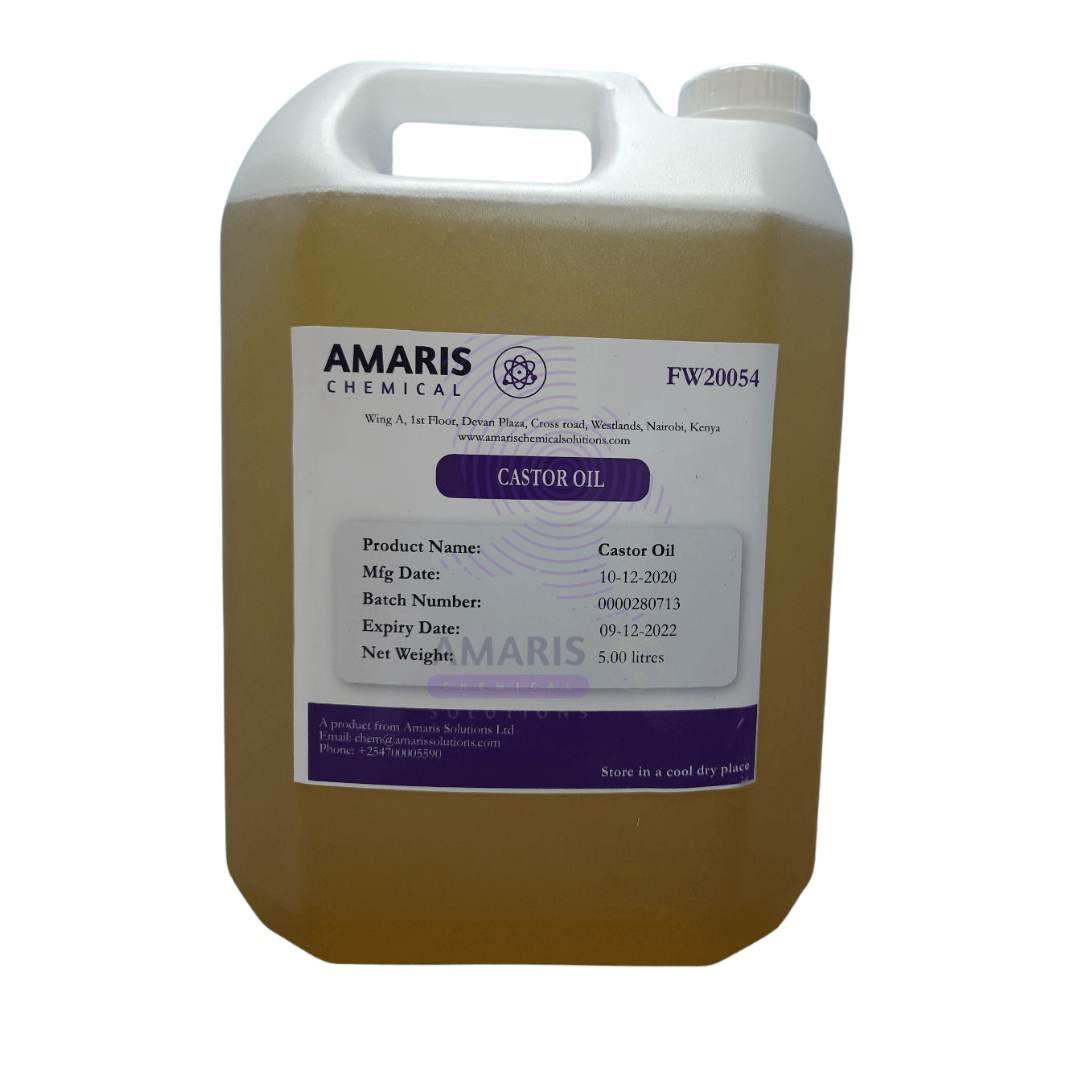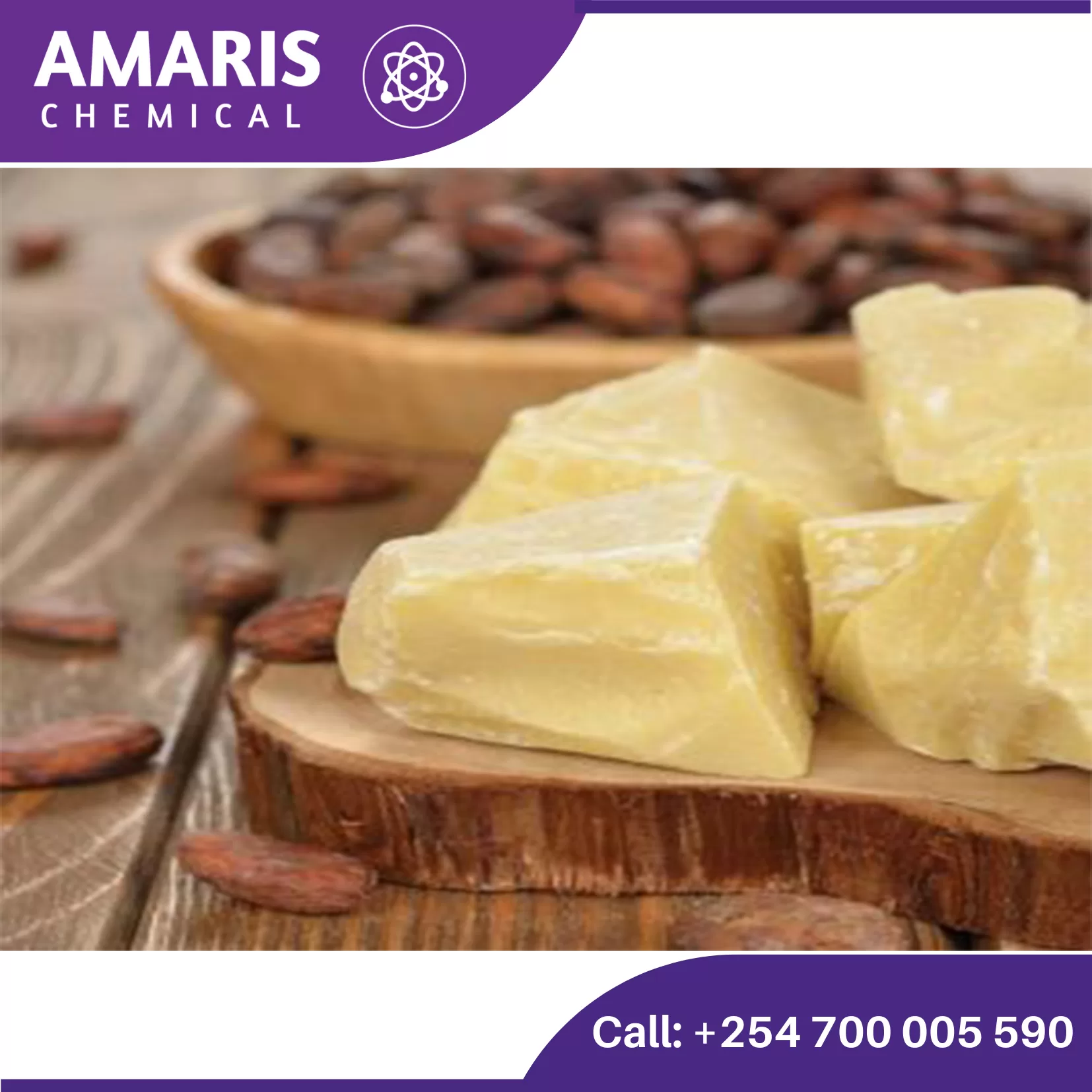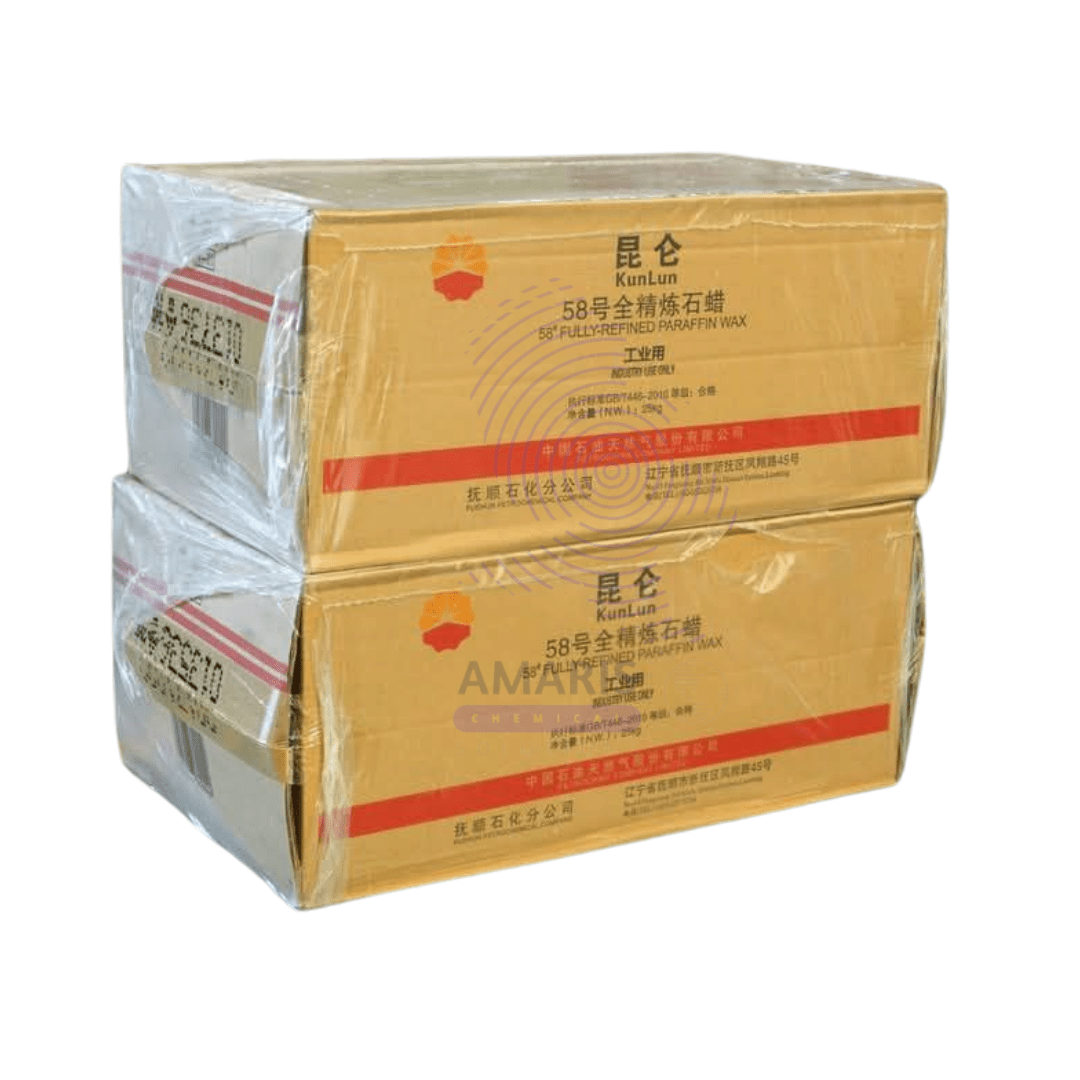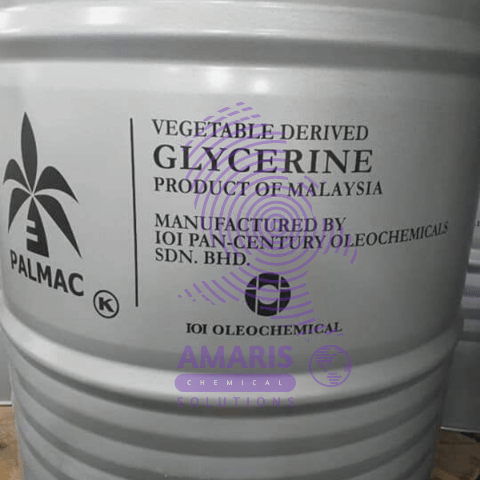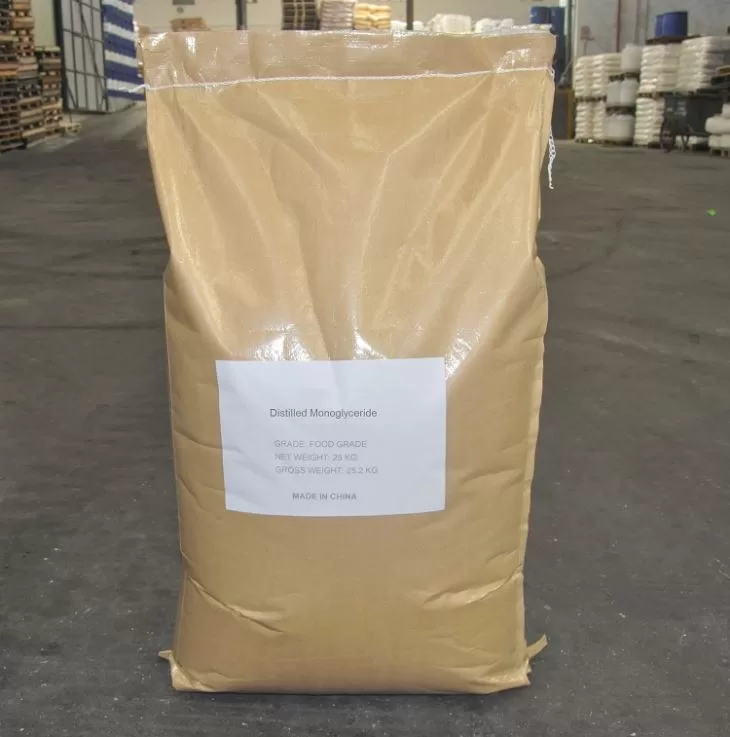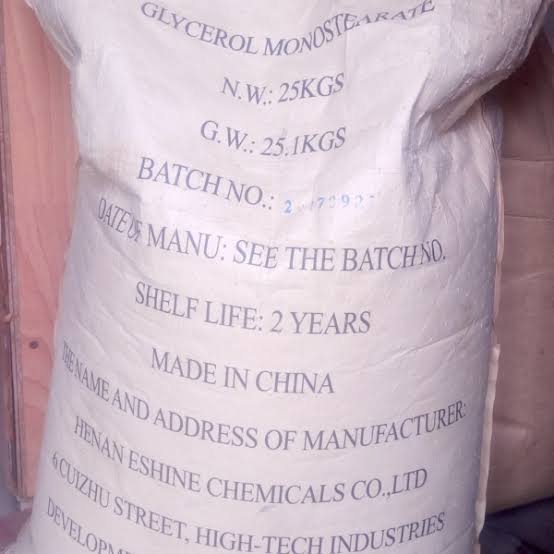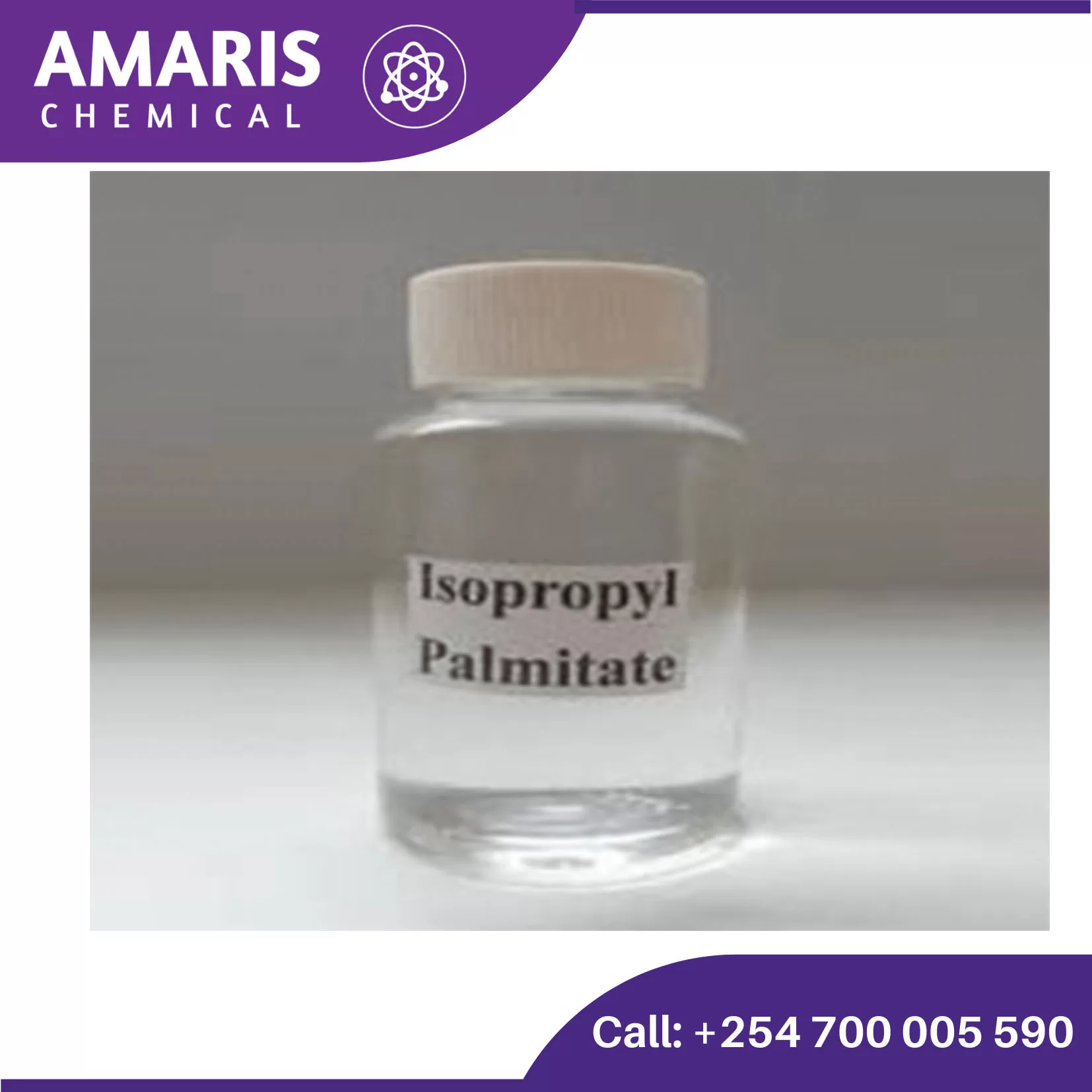Ammonium Lactate
Ammonium lactate is a combination of lactic acid and ammonium hydroxide. It's commonly used as a moisturizer to treat dry, scaly, itchy skin conditions, such as ichthyosis vulgaris and xerosis. The lactic acid component helps to exfoliate dead skin cells, while the ammonium hydroxide component helps to moisturize and soften the skin. It's available in various forms, including lotions and creams, and typically requires a doctor's prescription for use.
Avocado wax
Avocado wax, also known as avocado oil wax or Persea Gratissima (Avocado) Oil, is a natural wax derived from the fruit of the avocado tree (Persea americana). It is obtained by cold-pressing the flesh of the avocado fruit and then further refining the extracted oil to obtain a solid, waxy substance.
Avocado wax has a high melting point and a rich, creamy texture, which makes it an excellent ingredient for various cosmetic and personal care products. It is often used as a natural alternative to petroleum-based waxes or synthetic emollients.
The wax contains a combination of fatty acids, such as oleic acid, palmitic acid, and linoleic acid, which contribute to its emollient and moisturizing properties. Avocado wax forms a protective barrier on the skin, helping to retain moisture and prevent moisture loss. It is known for its nourishing, softening, and smoothing effects on the skin and hair.
In summary, avocado wax is a natural wax derived from avocado fruit, prized for its moisturizing, emollient, and protective properties, making it a valuable ingredient in various cosmetic and personal care products.
Beeswax
Beeswax is a natural substance produced by honeybees. It is a waxy material secreted by worker bees and used to build the walls and cells of honeycombs in the beehive. Beeswax is typically a yellowish-brown or white solid that has a distinctive honey-like scent. It consists primarily of esters, fatty acids, and hydrocarbons.
In addition to its role in constructing the hive, beeswax has various practical applications outside the hive. It is commonly used in the production of candles, cosmetics, pharmaceuticals, and as a coating for certain food items. Beeswax is valued for its versatility, as it provides a natural and renewable ingredient with properties such as moisture resistance, flexibility, and a slow-burning nature.
Candelilla Wax
Candelilla wax is a natural vegetable wax derived from the leaves of the candelilla shrub, scientifically known as Euphorbia cerifera. It is primarily produced in northern Mexico and the southwestern United States. Candelilla wax is obtained through a process that involves harvesting the leaves, grinding them into a powder, and then boiling the powder to extract the wax.
Candelilla wax is characterized by its yellowish-brown color and a hard, brittle texture. It is composed mainly of hydrocarbons, esters, and fatty acids. One of its key components is the hydrocarbon called cerotine, which gives the wax its unique properties. It has a melting point ranging from 68 to 73 degrees Celsius (154 to 163 degrees Fahrenheit).
This wax is widely used in various industries, including cosmetics, pharmaceuticals, food, and household products. In cosmetics, it is employed as a natural alternative to beeswax or petroleum-based waxes in the formulation of lip balms, lotions, creams, and other skincare products. Its emollient and protective properties help to provide a smooth texture, enhance product stability, and improve moisture retention.
Furthermore, candelilla wax finds applications in the food industry as a coating or glazing agent for candies, chewing gum, and other confectionery products. It is also utilized in the production of candles, polishes, adhesives, and coatings due to its excellent film-forming and water-repellent qualities.
Overall, candelilla wax is a versatile and sustainable natural wax with various desirable properties, making it a valuable ingredient in numerous commercial products.
Carnauba wax
Carnauba wax is a natural wax derived from the leaves of the carnauba palm (Copernicia prunifera), which is native to northeastern Brazil. Known as the "queen of waxes," carnauba wax is highly valued for its hardness, high melting point, and glossy finish. Here are some key points about carnauba wax:
Properties
- Appearance: It comes in flakes or powder and is typically light yellow to brownish in color.
- Melting Point: It has a high melting point of about 82-86°C (180-187°F), making it one of the hardest natural waxes.
- Composition: It is composed of esters, fatty acids, and alcohols, which contribute to its hardness and water-resistant properties.
Carnauba Wax 25kg
Carnauba wax is a natural wax derived from the leaves of the carnauba palm tree, scientifically known as Copernicia prunifera. It is considered one of the hardest and highest melting point waxes found in nature. Carnauba wax is widely used in various industries, including automotive, food, pharmaceuticals, and cosmetics, due to its unique properties and versatility.
The best definition of carnauba wax would be that it is a hard, natural wax obtained from the leaves of the carnauba palm tree, primarily used as a protective and polishing agent in various products. It is known for its high melting point, durability, glossy finish, and water-repellent characteristics, making it a popular choice in automotive waxes, polishes, and protective coatings.
Cocoa Butter
Cocoa butter refers to the edible vegetable fat that is extracted from the cocoa bean, which is the primary ingredient in chocolate production. It is a pale-yellow, solid fat with a smooth texture and a mild, pleasant aroma of cocoa. Cocoa butter is unique in its composition, as it contains a high proportion of saturated fats, monounsaturated fats, and polyunsaturated fats. It has a low melting point, allowing it to melt quickly upon contact with the skin.
Cocoa butter is widely used in the food industry for its smoothness, flavor, and ability to give chocolate its characteristic melt-in-your-mouth quality. It is also a popular ingredient in various cosmetic and skincare products due to its moisturizing and nourishing properties. Cocoa butter is known for its ability to hydrate and soften the skin, making it a common ingredient in lotions, creams, lip balms, and soaps.
In summary, cocoa butter is a natural fat derived from cocoa beans and is renowned for its use in chocolate production, as well as its application in skincare and cosmetic products.
Fully Refined Paraffin Wax 50 kg
Fully refined paraffin wax is a type of wax that has undergone a refining process to remove impurities and unwanted components. It is a white, odorless, and tasteless wax that is solid at room temperature and has a relatively low melting point.
The refining process involves several steps, including solvent extraction, deoiling, and bleaching. Solvent extraction involves dissolving the crude wax in a solvent, which separates the wax from other components such as oil and grease. Deoiling involves removing any remaining oil and grease from the wax through vacuum distillation. Bleaching involves removing any remaining color or odor from the wax through the use of chemical agents.
Fully refined paraffin wax is commonly used in a variety of applications, including candle making, coating materials, packaging, and cosmetics. Its properties, such as its low melting point and ability to retain fragrance and color, make it a popular choice in these industries
Glycerin 250 kg Drum Food Grade
Glycerin, also known as glycerol, is a colorless, odorless, viscous liquid that is sweet-tasting and non-toxic. It is a type of alcohol with three hydroxyl (OH) groups, and is commonly used in various industries such as pharmaceuticals, cosmetics, food, and personal care products. Glycerin has numerous applications, including as a solvent, humectant, emollient, and lubricant, among others. It can be derived from both plant and animal sources, and is also produced as a byproduct of soap and biodiesel manufacturing.
Isopropyl palmitate
Isopropyl palmitate is a synthetic compound that is derived from isopropyl alcohol and palmitic acid. It is commonly used as an emollient and thickening agent in cosmetic and personal care products. Isopropyl palmitate helps to enhance the texture and spreadability of formulations, leaving the skin feeling smooth and moisturized. It is often used in creams, lotions, moisturizers, and various skincare products.

